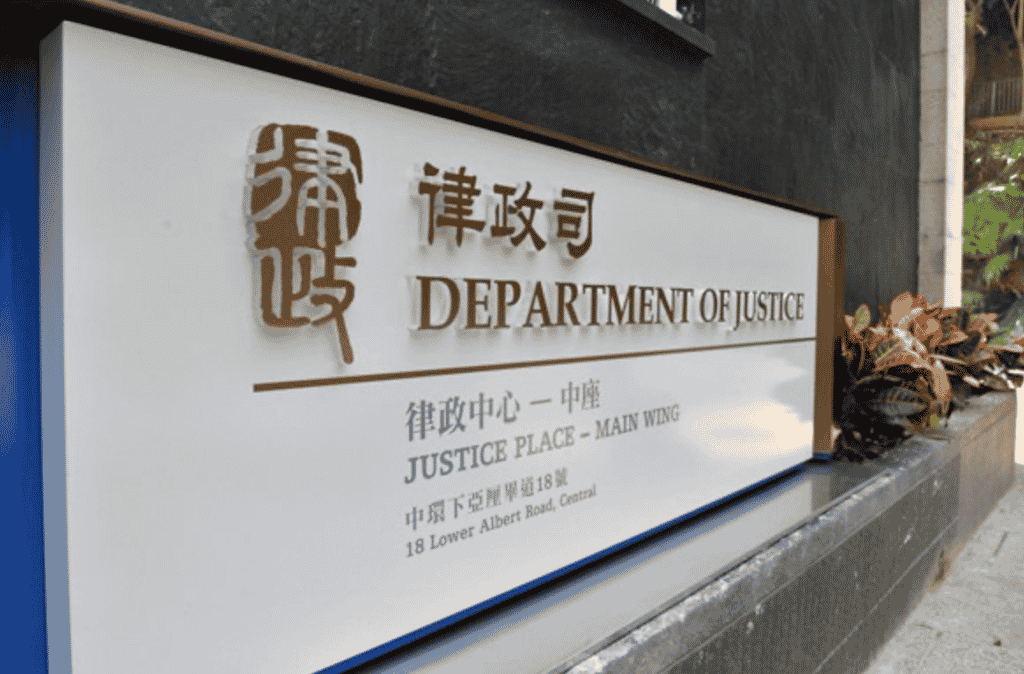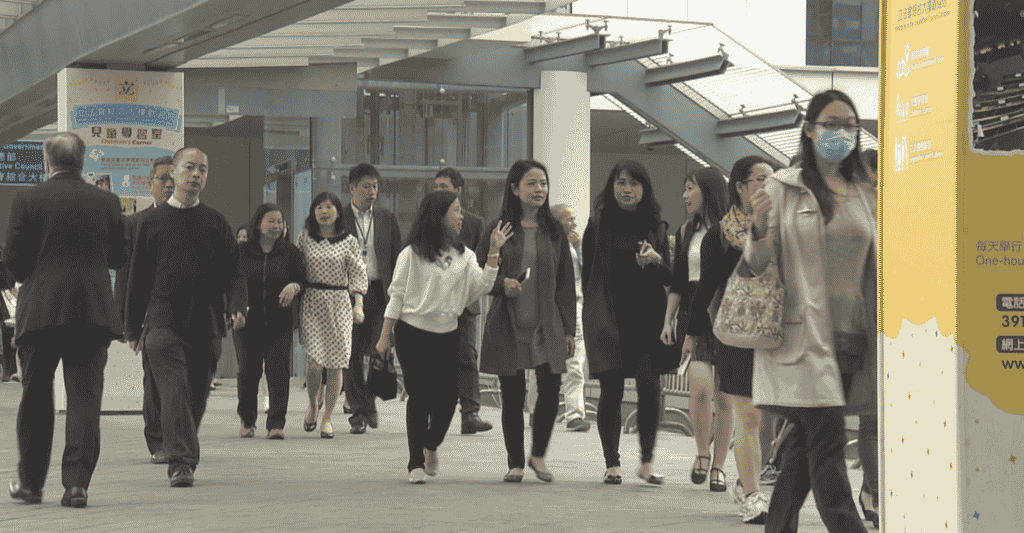The rule of law is extremely important to the civilizational progress and stable development of society. The law regulates appropriate relationships and behaviors between the government, individuals, and interpersonal relationships; everyone is a stakeholder in the rule of law. The rule of law indicator in the "World Governance Indicators" compiled by the World Bank covers citizens' degree of compliance with norms, confidence in the implementation of norms, and perceptions of law enforcement and judicial institutions.
Principles such as integrating multiple perspectives, legal clarity, and fair enforcement are important pillars of the rule of law. The United Nations believes that societies everywhere should create cultural and social conditions for respecting and promoting the rule of law, and continued education and promotion work are essential.
In Hong Kong, the rule of law has always been regarded as one of the core values of Hong Kong society. However, according to the competitiveness report of more than 140 economies around the world conducted by the World Economic Forum in early 2019, Hong Kong ranks 8th in the subdivision "judicial independence" among the institutional pillars, which is higher than a few years ago (2013- 14) There is a certain gap between ranking 4th.
In addition, a series of social incidents have occurred in Hong Kong in recent years, and some participants have been involved in illegal activities. Take the 2019 anti-extradition bill storm as an example. Refer to government information and related illegal incidents. As of July 2021, the police have arrested a total of 10,265 people, 4,009 of whom are students. This raises concerns about whether young people have wavered in their value of the rule of law. .
The Hong Kong Federation of Youth Groups' 2020 survey showed that only 38.2% of the young people surveyed expressed confidence in Hong Kong's rule of law, which was a significant decrease from 88.0% in 2017. Surveys by the Youth Entrepreneurship Research Center also show that in recent years, a considerable proportion of young people have continued to believe that they do not trust the SAR government.
The future of society depends on the participation and commitment of the younger generation. Their spirit of rule of law is crucial to whether society can continue to develop stably in the future and whether the government can maintain good governance. The above situations and data are worthy of discussion on the attitude of Hong Kong's young generation towards the rule of law after a series of social incidents.
This study attempts to understand the attitude of the younger generation towards the rule of law and their perceptions of relevant aspects in Hong Kong from the perspective of youth, thereby exploring the challenges in maintaining the rule of law in Hong Kong society, and putting forward feasible suggestions on the future promotion of the rule of law in Hong Kong. It is hoped that young people will play a positive role in building Hong Kong's future and at the same time bring inspiration to the SAR government in maintaining good governance.
This study collected information from August to early October 2021 through several aspects, including literature reference and on-site youth opinion survey. A total of 529 young people aged 15 to 34 were interviewed, 15 young people were interviewed, and 4 people were interviewed. Visits by experts and academics.



